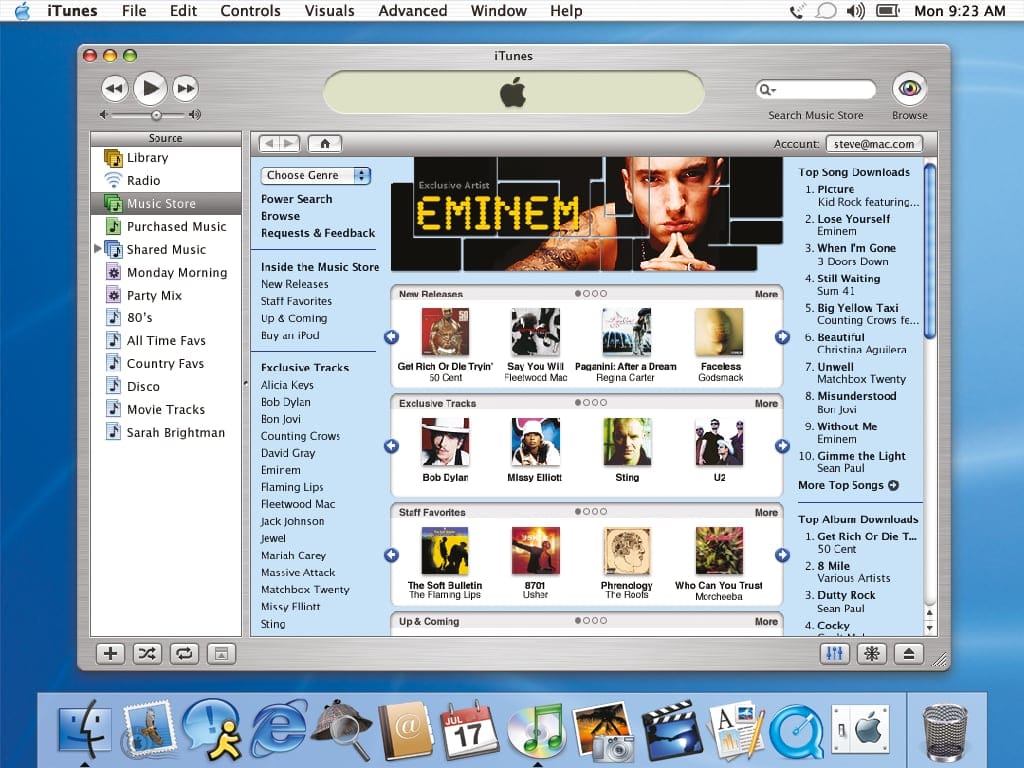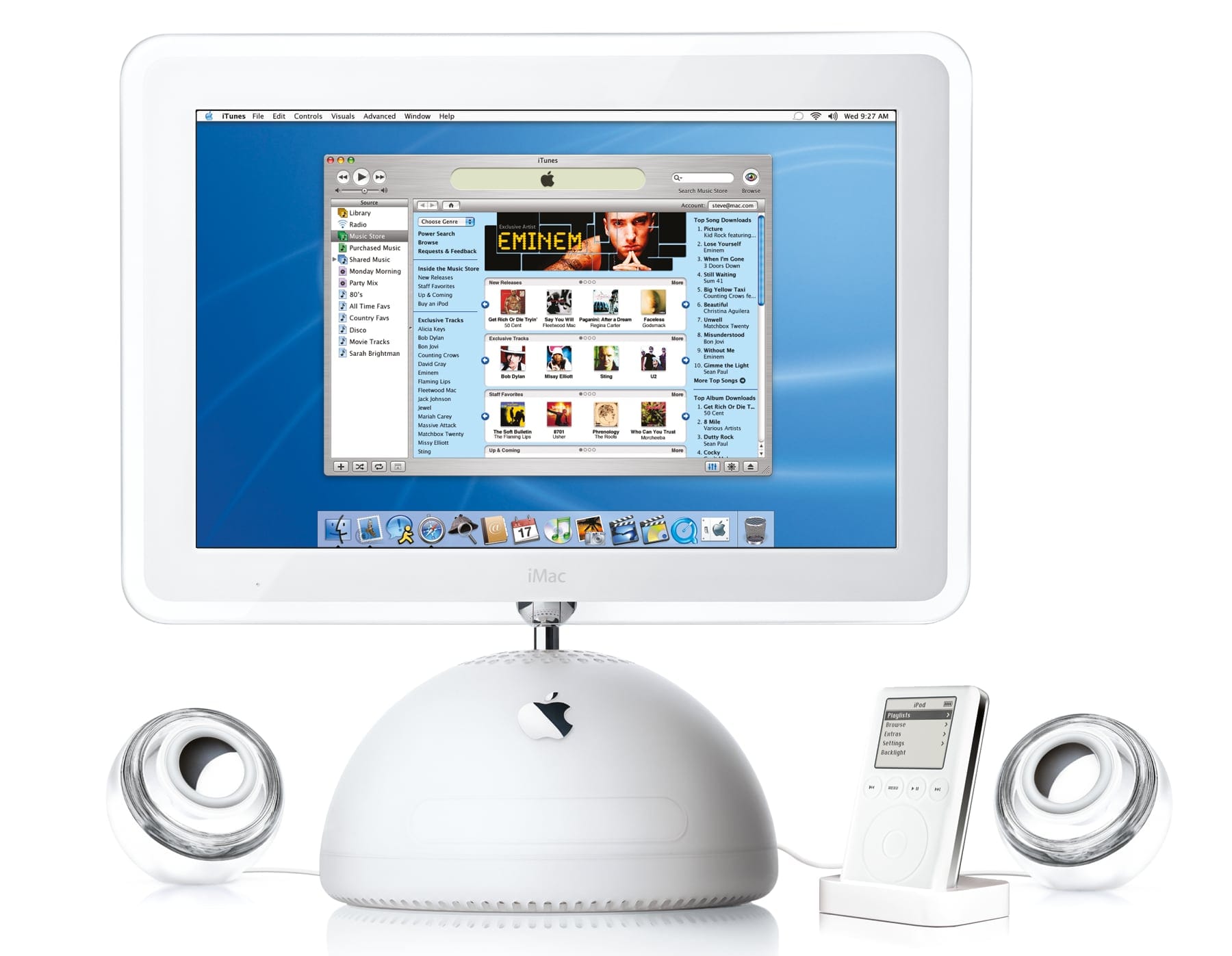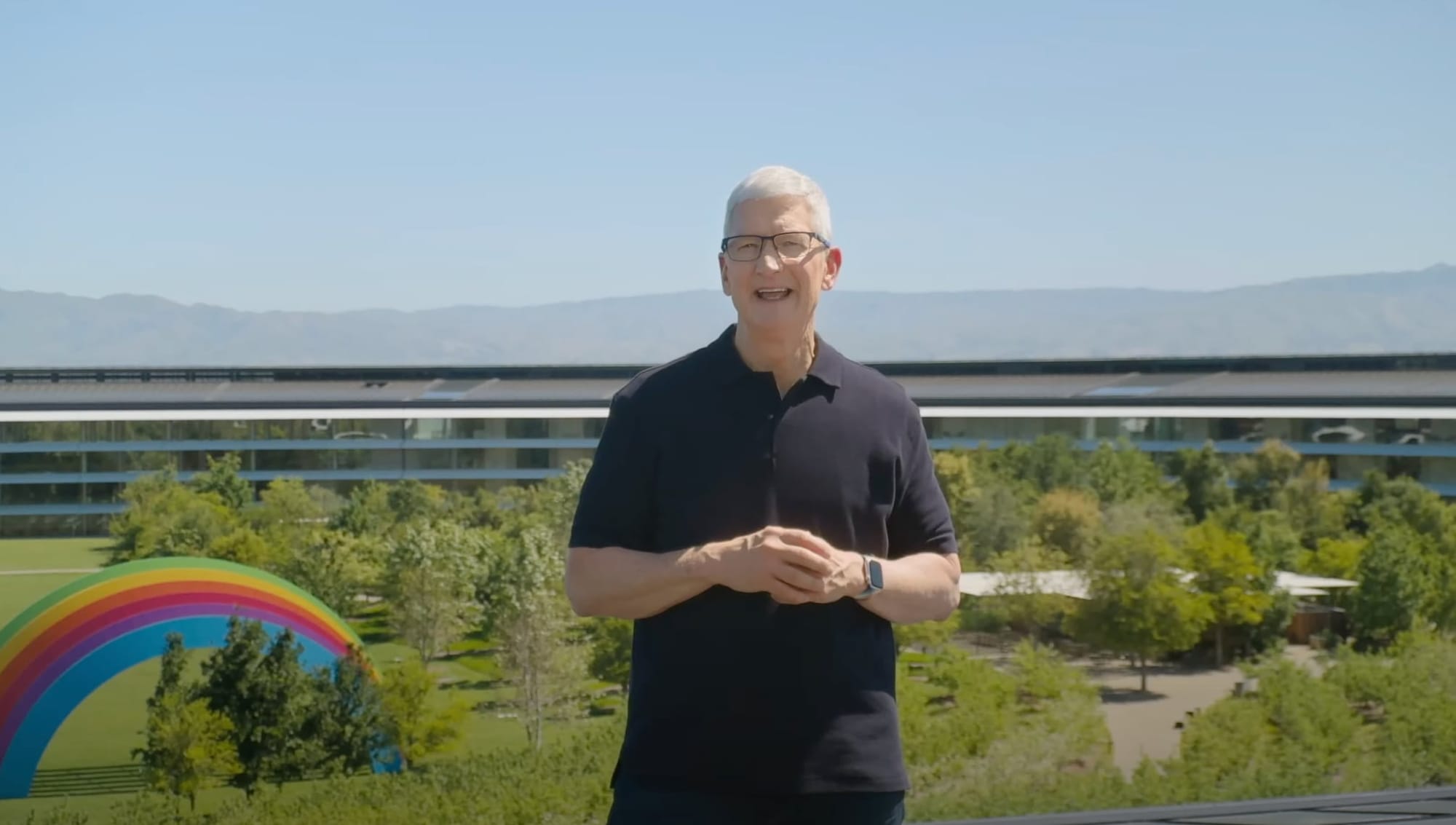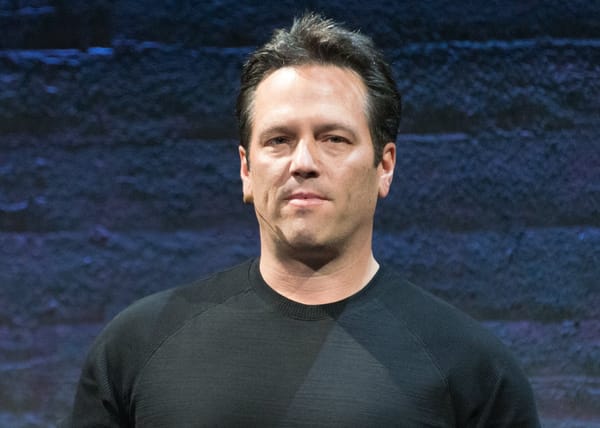These things weren’t supposed to be permanent
Who knew that buying a single song in 2003 could have such a lasting impact?

In April 2003, the iTunes Music Store launched. Not long after that, I got a gift card, signed up for an account, and bought a song.
Two decades later, that song is why I can’t manage the child lock on my son’s iPad.
My situation is incredibly specific, but it also speaks to a wider issue: as tech matures, as platforms go from scrappy new things into established institutions, we become increasingly locked in to (or out of) certain services based on blind decisions made long ago.
I was around for the original dot-com boom. I saw the churn of so many internet services, watching new platforms rapidly launch, thrive, wither and die — by which time we'd already moved on to something else.
But now, things have matured. iTunes is 22 years old. Gmail is 21 years old. Instagram is 14 years old. And it means decisions you took decades ago — decisions made by a different you, living a different life — continue to impact you today.

I’m sure we can all think of someone who has, at some point, sheepishly provided an email address that was obviously made in their youth; maybe a cutesy one, or one named for a childhood fandom or interest, or trying a little too hard to sound grown-up. And it’s fair enough, really: you weren’t thinking about what an email address would look like on a CV when you were 10 years old. How could you?
Think back to your first years on Facebook or Twitter. Did you post with the knowledge that what was on there would still be visible today? Did you think about how a future employer might read what you’d written? Of course not.
Maybe it speaks to the current lack of progress in tech. Things once moved so fast that maybe we expected those platforms to die out and get replaced like all the others we’d seen before. ICQ’s gone. Hotmail is kinda still around, but went out of style long ago. Friendster was totally supplanted by Facebook.

I certainly had no idea of the long-term implications of my first iTunes song. I had to create a US account for it, since Hong Kong wouldn’t get the iTunes Store until nine years later. It wasn’t ideal… but also, it’s just music, right? What's the harm?
Except it very quickly became more than just music. Soon iTunes added TV shows; hey, since I’ve already got an account, I’ll use it to buy some shows. And some movies. And then Apple launched the App Store and tied it to your iTunes account, so I guess I’ll just use my growing account to download apps. Over time, I saw my account transition from the music-only iTunes Store into a general Apple Account, something that handles not just media purchases but device warranties, backups and photo libraries too.
The Apple Account is now a de facto digital identity — and my identity is based in a country that I don’t live in. Which means I can’t give a local credit card to verify that I’m an adult, and so I can’t create a child account for my son's iPad.
Okay, you might think there’s an easy solution here: Ravi, just switch countries! Many digital services recognize that people move and offer this. It’s true, they do, but at a cost: if a song, movie, app or service is not offered in the new country, your purchase vanishes. And I can guarantee you that, were I to switch, I would lose an awful lot of things that I’ve accumulated over the last 22 years.

Tech lock-in has a real impact, and it's all thanks to the spread of digital media. It’s so accessible and easy to buy — but, unlike physical media, it’s impossible to sell a digital download. And so we feel tied to them, understandably not wanting to abandon our purchases. Microsoft’s Phil Spencer famously moaned about this: “We lost the worst generation to lose in the Xbox One generation, where everybody built their digital library of games.” And it makes sense: switching from PlayStation to Xbox means the hundreds (or thousands) of dollars you’ve spent on PlayStation games is useless on your new console.
For my part, I’m trying to think ahead to avoid saddling my children with tech debt. Do I give them US accounts anyway, so they get access to the same things I see? If I set up Hong Kong accounts for them, what happens if we move? Do I need to grab email addresses for them now so they can have their full names @gmail.com?
I can’t tell from here what the future holds, but now I know that these seemingly small choices will have an impact for decades to come. These things weren’t meant to be permanent, but it turns out that they are.






